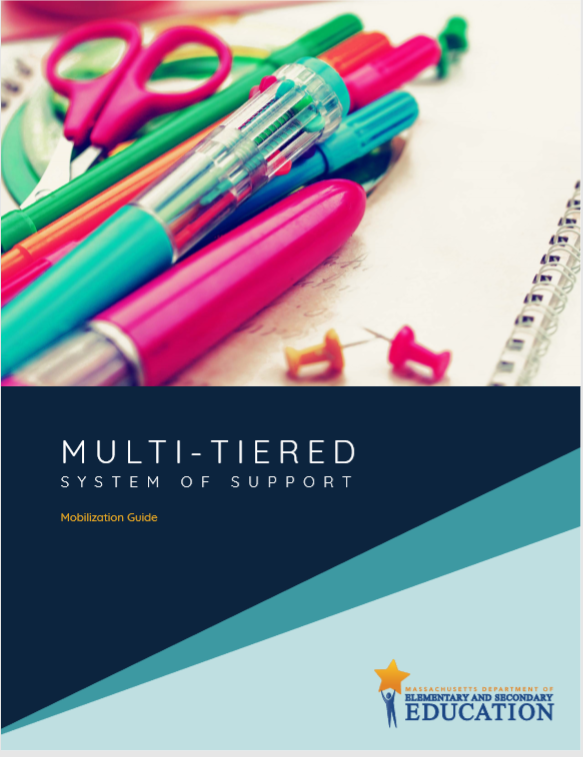The Conditions for Learning surveys (CFL) were developed collaboratively and field-tested by districts and Massachusetts Department of Elementary & Secondary Education staff involved in the Urban Leaders Network for School Climate & Student Support. The CFL metric and survey tools focus on the holistic “conditions” (including social emotional learning) students need in order to learn in a school setting. The CFL contains surveys around the following domains: school climate, academic engagement, social emotional learning, parent & family engagement, and systems of student support, with surveys for students, staff, and families. Schools and districts are welcome to utilize these survey tools.
Resource Links
Conditions for Learning Surveys
Source
Massachusetts Department of Elementary and Secondary Education with School & Main Institute
















